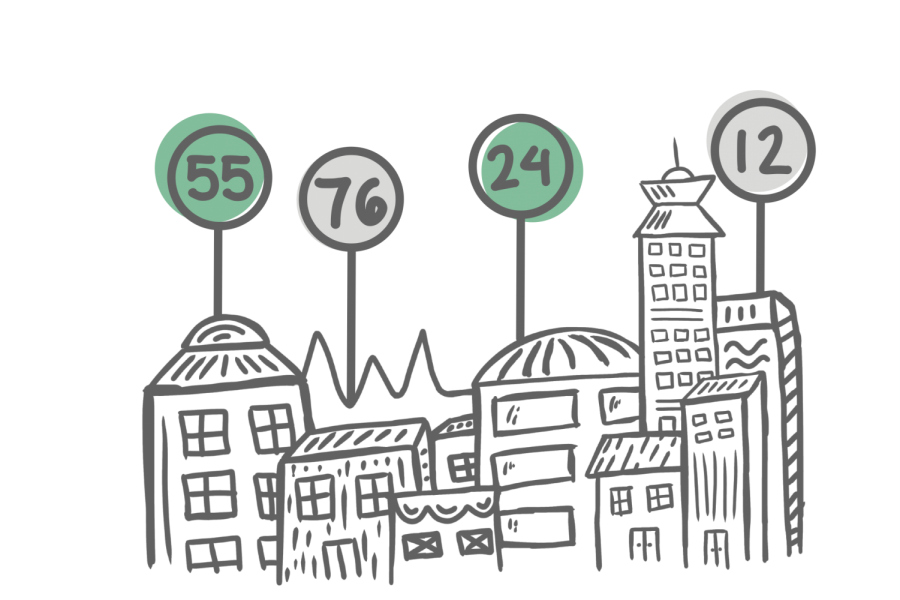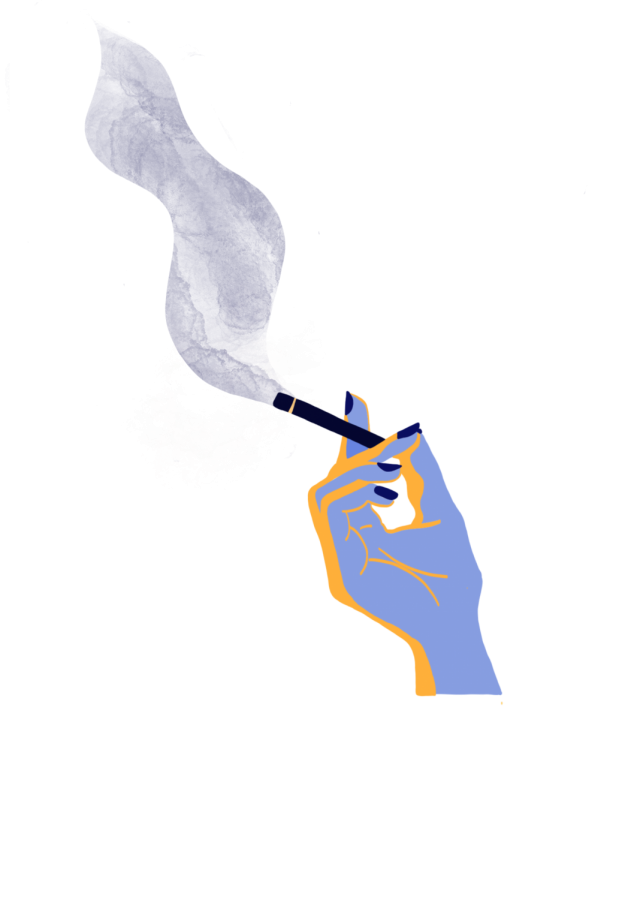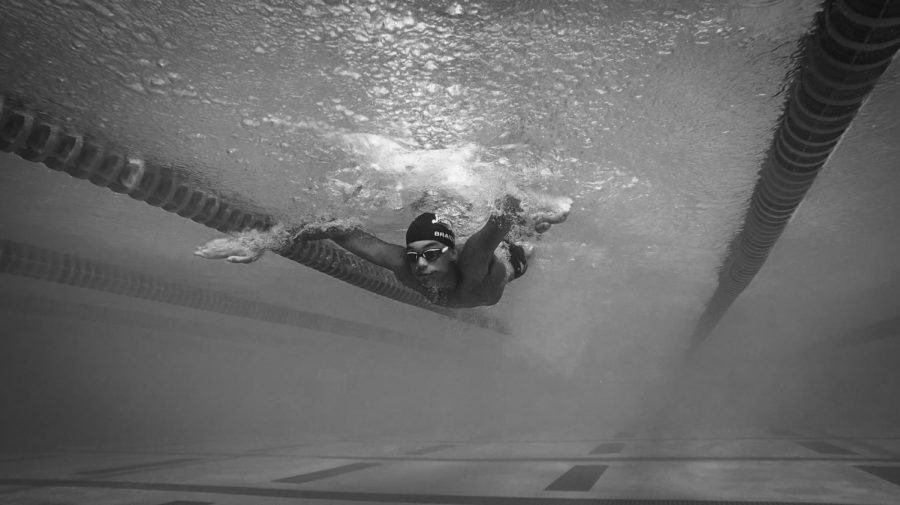I asked Artificial Intelligence (AI) if it thought it would teach better than a human teacher could.
“I wouldn’t say I’m better than a teacher,” ChatGPT, a generative AI chatbot, responded. “Teachers bring personal interaction, experience, and tailored support that I can’t fully replicate. I can provide information and answer questions, but I’m here to complement, not replace, the role of a teacher.”
Many AI programs are used on campus, offered and advertised for us to use as research tools daily. Chat GPT, Gemini, and other platforms are all popular models used at school. Not only do many students use these in class and for homework to cheat, but now, we are explicitly instructed to use them too. Khanmigo, an AI tutor created by Khan Academy that helps with all school subjects, is a required AI resource used at school. These applications are advertised by teachers and administrators as a way to get help if students are struggling with assignments. Websites that were once banned are now pushed for students to use. The school district that was once so concerned about cheating with the usage of AI now makes sure AI is implemented into every class. Teachers are under instruction for each class to use Khanmigo at least 10 times a month.
The school offers these resources to us so that if a teacher is absent or cannot help a student while they are home, that student can still get the instruction they need. However, when I need assistance, I don’t even have to attempt to reach my teacher. AI is my teaching assistant that is always in my pocket, and I am not the only student who feels this way. According to a casual survey by The Muse, 67.8% of students use AI in class, and 10% would rather use AI than ask for help from teachers in terms of studying.
Because AI is being implemented in schools, the perceived value of teachers is decreasing and will continue to decrease. We lose respect for teachers and instead, respect a robot. According to Forbes, in a study with 500 teachers, 62% had concerns of AI reducing human interaction in learning, and 30% worry about job replacement. While it is pretty doubtful that the class of 2029 will only be taught by AI and computers, the use of AI in classrooms will, without a doubt, negatively impact our respect for and the way we see teachers.
Knowing that students can search any question they have and get an answer and explanation immediately makes the task of asking questions to a teacher seem pointless. While students are completely ignoring their teachers and only using AI, they still heavily depend on it. Students are disconnecting from their teachers and are instead reaching for AI. While it may seem convenient, it is just harming your own education.
AI cannot inspire or keep integrity in students. Teachers are not in classrooms just to provide answers and grade assignments. They are there to inspire students and to not just teach the assignment, but other skills, like compromise, critical thinking, and communication. These are skills that not even the highest-rated AI can train. It is frankly sad that we have thrown out these ideals and value AI more than real teachers, who can balance both quantitative and qualitative lessons.
When AI grades assignments, it is not looking for details but instead, just checks facts. If it assigns you work or practice problems, like Duolingo, there is no incentive to make you complete or pay attention to it. AI can give you the information, but in no world can it give you the tools to learn.
Teachers are not just looking at the words and numbers but instead, learning your thought process. They can tell what was going through your head as you wrote, trying to help you adjust your mindset to be able to understand. They spend hours getting to know each student’s thought process. They spend years in college and outside classes to earn a degree and perfect their craft. Yet we choose to go to a website that gives us generic and unspecified answers instead of our teachers for help.
We have begun to view Khanmigo and other AI platforms as our teachers and depend on them, which leaves teachers in the dust. I believe we cannot lose the steps of real learning in a classroom in favor of looking at a screen with the answers.




































































![A students boards a Dreyfoos school bus in the afternoon, while peers await their buses beneath a walkway cover. Like many other Dreyfoos students, Communications senior Kristina Robinette completely depends on school transportation. “If something happens, where [the bus is] totally late, there's nothing I personally can do to make a difference for my life. There are so many times I've had to text my [boss] and say, ‘Hey, I don't know if I'm going to make it on time.’ I have a corporate job. It's not a family business, [so] I could get fired because of the bus system.”](https://www.themuseatdreyfoos.com/wp-content/uploads/2019/12/Copy-of-IMG_0409-900x600.jpg)

